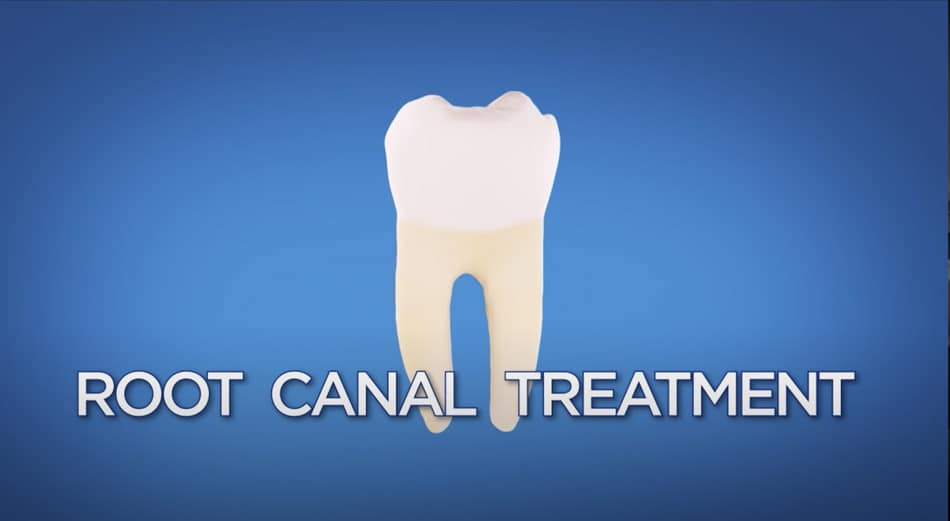 The Basics:
The Basics:
Root Canal Therapy is a procedure performed to save your tooth from needing to be pulled. The inside of the tooth is cleaned thoroughly and is sealed with a biocompatible filling material to protect against future infection.
The Details:
The innermost layer of your tooth is made up of nerve fibers and blood vessels. This tissue is referred to as the “pulp” or the “root canal system” of the tooth. The pulp may become inflamed or infected due to a deep cavity, a leaking filling/crown, a traumatic dental injury, or the development of a crack in the tooth. When this tissue becomes severely inflamed or infected, Root Canal Therapy is usually recommended as the treatment of choice.
During Root Canal Therapy, you should not feel any discomfort. Endodontists are experts at anesthetizing (numbing) teeth—particularly those causing a patient extreme pain. At our office, the vast majority of patients experience no discomfort during their Root Canal Therapy.
After the tooth is numbed, the pulp tissue is removed and the inside of the tooth is thoroughly cleaned and disinfected. At the end of the procedure, the root canal system is sealed with biocompatible materials that help to prevent your tooth from becoming re-infected in the future.
After treatment is completed, it is usually recommended that you return to your dentist to have a crown (cap) placed on the tooth. A permanent crown helps to protect your tooth against fracture. Postponing this important follow-up treatment could lead to crack formation and could result in the tooth needing to be removed.
Root Canal Therapy can often be completed in one visit. Depending on the condition of the tooth, however, Root Canal Therapy may be completed over more than one visit and could involve a medication being placed inside the tooth to help eliminate infection.
The Good News:
Root Canal Therapy treats the infected/inflamed pulp and allows you to keep and continue using your natural tooth. The procedure is very common (nearly 15 million performed per year) and is usually less costly than having the tooth removed and replaced with a bridge or implant.




